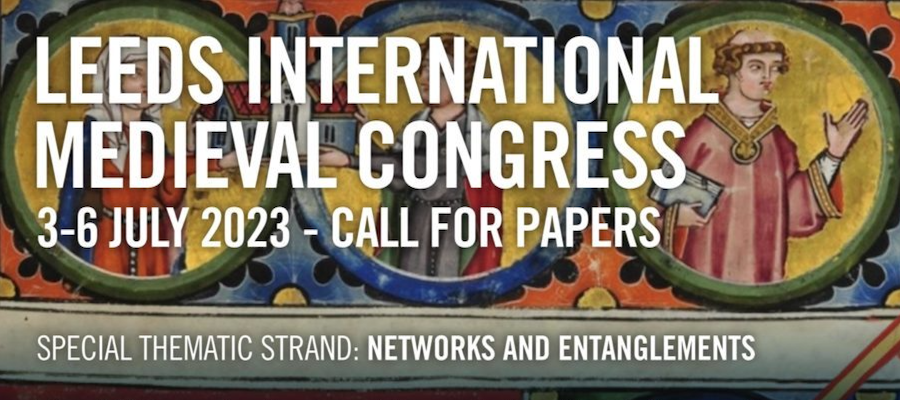Taste and Disgust in Late Antiquity, The Postgraduate and Early Career Late Antiquity Network (LAN) sponsored session at the 2023 International Medieval Congress, University of Leeds, July 3–6, 2023
The aim of this strand is to discuss taste as a category of late ancient experience. The overall theme of IMC 2023 is ‘Networks and Entanglements’ and we encourage speakers to think about how late antique networks, entanglements, and divisions were animated by ideas of taste. As a system of discernment, taste, and its corollary disgust, mediated the intimate process of incorporating foreign substances into the body. By late antiquity, this biological process for selecting foodstuffs had acquired powerful social and moral connotations. One could have taste in foods, but also in people, in institutions, in goods, in practices, in ideas. Taste had become a means of communicating preferences within all sorts of categories; it expressed and critiqued cultural ideas. We therefore invite papers that think expansively about ‘taste’ as a category of historical analysis: from taste as part of an individual’s sensory perception, to the range of cultural tastes, snobberies and resentments that united and bounded late antique societies and empires.
Work on consumption patterns in late antiquity has shown how (voluntary or involuntary) fasting and feasting were blunt instruments which could advertise group membership and cultural identity. The role of taste in articulating social distinctions was more subtle and fluid: taste both negotiated the rules of social cohesion and ordered minute hierarchies within larger social groupings. The physical, moral and cultural tastes of late ancient societies (late Roman, post-Roman, East Roman and beyond) have left traces in the material, literary and environmental record. Notions of taste and disgust were at play across a full range of cultural activities, from liturgy, to medicine, to treatment of the dead. Late ancient taste was a product of tradition and innovation. Governed by the decisions of a given community, taste was temporally and geographically unstable. It could be an intensely local phenomenon, its contours waxing and waning across the course of a community’s life-cycle. What was ‘tasty’/‘tasteful’ in late antiquity? How did late antique individuals or groups lose their appetite, or change their mind about what disgusted them? Who or what controlled the specific mechanisms of late antique taste?
We invite postgraduate and early career researchers from a variety of backgrounds to discuss taste and/or distaste in late antiquity across a series of panels. The Late Antiquity Network was founded in 2012 to provide a platform for junior scholars working on a range of geographical and disciplinary areas within the period. We have held a number of workshops and conferences that aim to provide opportunities for junior researchers to present their research and build connections with others in the field and to discuss their work in a constructive environment. The participants in these panels are strongly encouraged to interpret taste in late antiquity within the context of their research interest. Applications from masters students, those in the early stages of their PhD, and those without a current institutional affiliation are particularly encouraged. Papers should be no more than 20 minutes, leaving 10 minutes for discussion and question time.
Suggested areas for discussion include, but are not limited to:
- Taste as part of late antique sensory repertoire
- Taste and the risk of contamination/taboo
- The usefulness of taste as a category of historical inquiry
- The role of environmental and/or commercial factors in shaping late ancient diets
- Taste and nutrition in medical thought
- The role of taste in liturgical and ceremonial life
- Material evidence for late antique taste
- Differential experiences of taste
- The morality of taste (e.g. disgust of heretics and othered groups)
- Cultural tastes and the maintenance of social bonds and networks
- Disgust and tastelessness
- Taste as metaphor (e.g. in political or religious thought)
